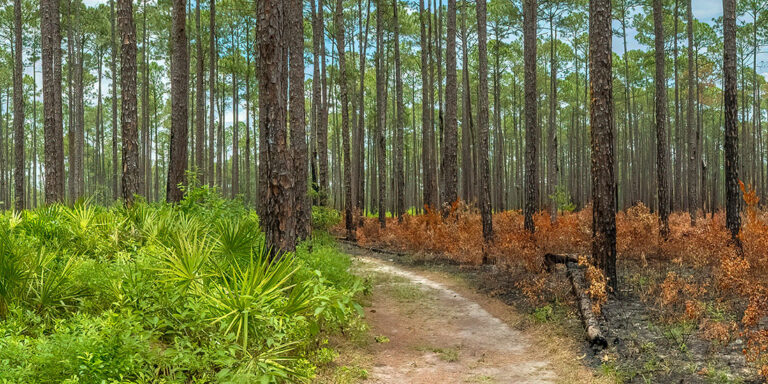
Article Archive by Year

Mitigation is essential to managing wildfires. As fire seasons grow longer and more costly, responders should be PREsponders, and mitigation experts may participate in response. Coordinated efforts to prevent wildfires are a proven strategy to address the next fire season.
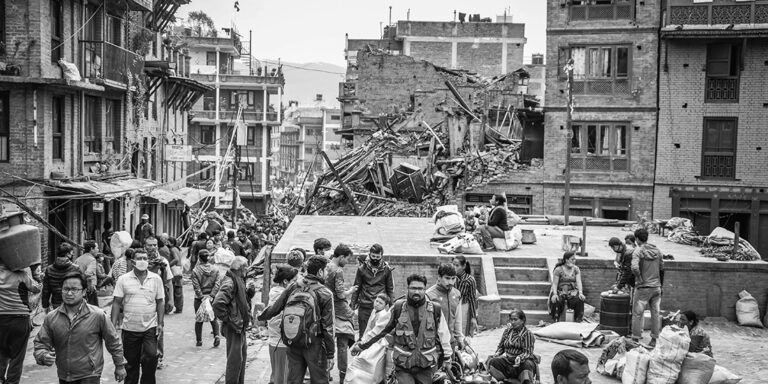
Public Order Policing Units in Disasters
June 18, 2025
Modern disasters highlight the critical need for effective crowd control and management, especially when people are deprived of essential resources. The role of specialized law enforcement units in managing crowds is vital to ensuring that disaster response efforts can reach and assist victims efficiently and peacefully.
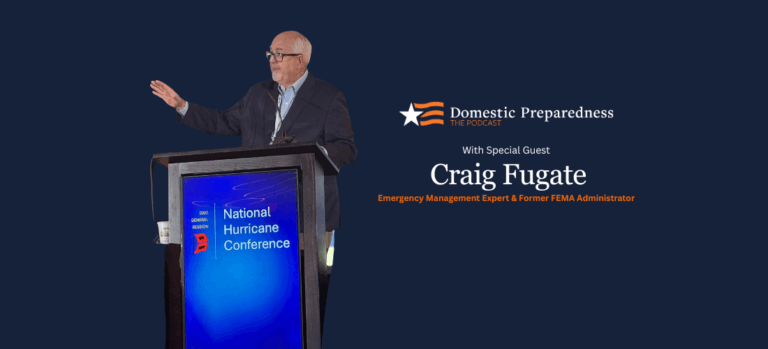
Podcast – Reframing Hurricane Response: Craig Fugate on Survivors as a First Line of Defense
June 11, 2025
This is an interview with The Honorable Craig Fugate, a podcast by Domestic Preparedness, June 11, 2025. Hon. Craig Fugate, former director of the Federal Emergency Management Agency, discusses his philosophy of emergency management with Domestic Preparedness Journal Marketing Coordinator Nicolette Casey-Phillips. From overseeing record-breaking disasters to transforming emergency management,
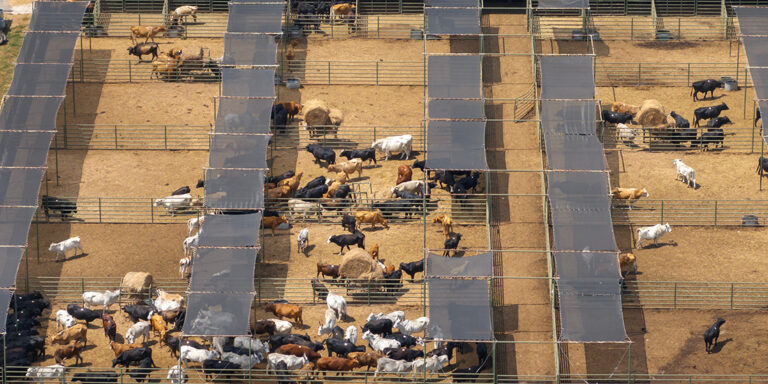
Managing Animal Loss: Emergency Carcass Operations
June 11, 2025
Carcass management is rarely top of mind for emergency managers, but during mass animal deaths, it tests preparedness, coordination, and public trust. Including it in all-hazards planning closes a critical gap and boosts community resilience.
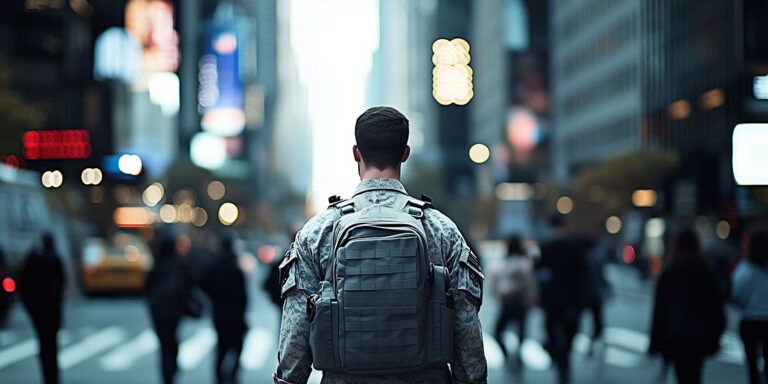
Why Emergency Management Is a Good Career for Transitioning Veterans
June 11, 2025
For many service members, the transition from the military to a civilian workforce can be challenging. They have been trained in a specialized skill set and now must determine how to effectively apply those skills in civilian employment. In the emergency management field, veterans can find the vocational purpose they
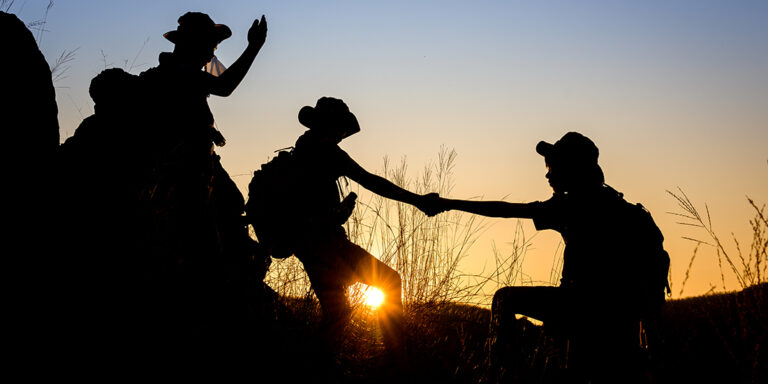
A Proven Path: Scouts and the Operational Value of Prepared Youth
June 4, 2025
Scouts have been trained to stay calm under pressure, take meaningful action in moments of uncertainty, and support others in times of crisis. Their role in emergency response should not be underestimated.
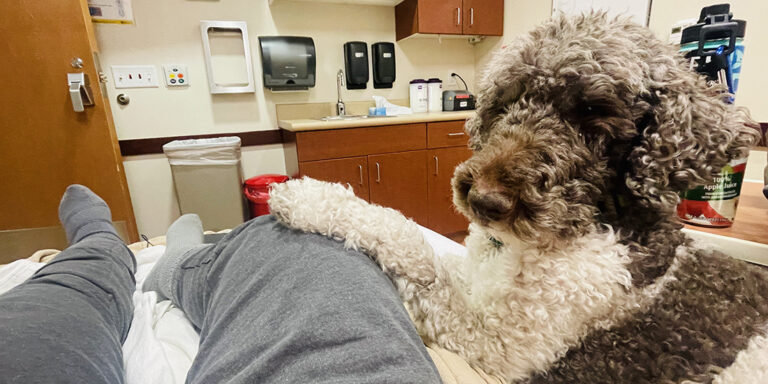
Understanding Service Dogs: What First Responders Need to Know
June 4, 2025
Service dogs do far more than guide or retrieve—they are medical equipment, trained to monitor, alert, and even intervene during a health crisis. For first responders, understanding these working dogs can mean the difference between life and death.

Editor’s Note – Hazards That Can Affect the Mind, Body, and Outcome
June 2, 2025
Many factors in the work environment can negatively impact a responder’s mental or physical health. These psychosocial hazards can particularly affect people in high-stress, high-consequence occupations and others in critical roles during emergencies and disasters.

Caring for the Affected at Family Assistance Centers
May 28, 2025
In moments of crisis, a well-executed family assistance center can offer clarity, connection, and compassion that victims’ families and survivors need to begin making sense of loss and change. Family assistance centers provide resources for support services, updates on victim identification, assistance with repatriation of remains, and reunification efforts. Discover
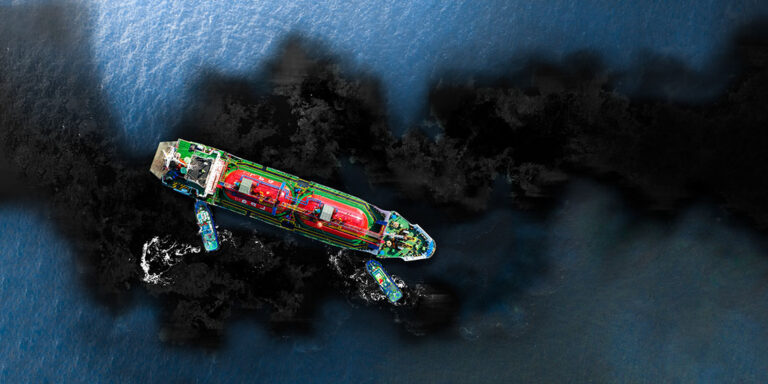
Psychosocial Hazards: Preventing Human-Caused Disasters
May 28, 2025
Some of the greatest human-caused disasters in modern history can be attributed to unaddressed psychosocial hazards. Flawed safety cultures contribute to tragic outcomes in which concerns are not taken seriously and dissent is stifled. Learn how to take precautions against a preventable disaster.
Wildfire PREsponse: Closing the Gap With Mitigation
June 18, 2025
Mitigation is essential to managing wildfires. As fire seasons grow longer and more costly, responders should be PREsponders, and mitigation experts may participate in response. Coordinated efforts to prevent wildfires are a proven strategy to address the next fire season.
Public Order Policing Units in Disasters
June 18, 2025
Modern disasters highlight the critical need for effective crowd control and management, especially when people are deprived of essential resources. The role of specialized law enforcement units in managing crowds is vital to ensuring that disaster response efforts can reach and assist victims efficiently and peacefully.
Podcast – Reframing Hurricane Response: Craig Fugate on Survivors as a First Line of Defense
June 11, 2025
This is an interview with The Honorable Craig Fugate, a podcast by Domestic Preparedness, June 11, 2025. Hon. Craig Fugate, former director of the Federal Emergency Management Agency, discusses his philosophy of emergency management with Domestic Preparedness Journal Marketing Coordinator Nicolette Casey-Phillips. From overseeing record-breaking disasters to transforming emergency management,
Managing Animal Loss: Emergency Carcass Operations
June 11, 2025
Carcass management is rarely top of mind for emergency managers, but during mass animal deaths, it tests preparedness, coordination, and public trust. Including it in all-hazards planning closes a critical gap and boosts community resilience.
Why Emergency Management Is a Good Career for Transitioning Veterans
June 11, 2025
For many service members, the transition from the military to a civilian workforce can be challenging. They have been trained in a specialized skill set and now must determine how to effectively apply those skills in civilian employment. In the emergency management field, veterans can find the vocational purpose they
A Proven Path: Scouts and the Operational Value of Prepared Youth
June 4, 2025
Scouts have been trained to stay calm under pressure, take meaningful action in moments of uncertainty, and support others in times of crisis. Their role in emergency response should not be underestimated.
Understanding Service Dogs: What First Responders Need to Know
June 4, 2025
Service dogs do far more than guide or retrieve—they are medical equipment, trained to monitor, alert, and even intervene during a health crisis. For first responders, understanding these working dogs can mean the difference between life and death.
Editor’s Note – Hazards That Can Affect the Mind, Body, and Outcome
June 2, 2025
Many factors in the work environment can negatively impact a responder’s mental or physical health. These psychosocial hazards can particularly affect people in high-stress, high-consequence occupations and others in critical roles during emergencies and disasters.
Caring for the Affected at Family Assistance Centers
May 28, 2025
In moments of crisis, a well-executed family assistance center can offer clarity, connection, and compassion that victims’ families and survivors need to begin making sense of loss and change. Family assistance centers provide resources for support services, updates on victim identification, assistance with repatriation of remains, and reunification efforts. Discover
Psychosocial Hazards: Preventing Human-Caused Disasters
May 28, 2025
Some of the greatest human-caused disasters in modern history can be attributed to unaddressed psychosocial hazards. Flawed safety cultures contribute to tragic outcomes in which concerns are not taken seriously and dissent is stifled. Learn how to take precautions against a preventable disaster.
Follow Us
Get Instant Access
Subscribe today to Domestic Preparedness and get real-world insights for safer communities.
ARchives
Article Out Loud – Public Order Policing Units in Disasters
June 18, 2025
This is an article by Robert Leverone, an Article Out Loud from Domestic Preparedness, June 18, 2025. Modern disasters highlight the critical need for effective crowd control and management, especially when people are deprived of essential resources. The role of specialized law enforcement units in managing crowds is vital to
Article Out Loud – Managing Animal Loss: Emergency Carcass Operations
June 11, 2025
This is an article by Joshua Dise and Marshal Wilson, an Article Out Loud from Domestic Preparedness, June 11, 2025. Carcass management is rarely top of mind for emergency managers, but during mass animal deaths, it tests preparedness, coordination, and public trust. Learn how to close this critical gap and
Article Out Loud – Why Emergency Management Is a Good Career for Transitioning Veterans
June 11, 2025
This is an article by Mathew Perrill, an Article Out Loud from Domestic Preparedness, June 11, 2025. For many service members, the transition from the military to a civilian workforce can be challenging. They have been trained in a specialized skill set and now must determine how to effectively apply
Article Out Loud – A Proven Path: Scouts and the Operational Value of Prepared Youth
June 4, 2025
This is an article by Ethan Beaty, an Article Out Loud from Domestic Preparedness, June 4, 2025. Scouts have been trained to stay calm under pressure, take meaningful action in moments of uncertainty, and support others in times of crisis. Their role in emergency response should not be underestimated. Learn
Article Out Loud – Understanding Service Dogs: What First Responders Need to Know
June 4, 2025
This is an article by Susan Cohen, an Article Out Loud from Domestic Preparedness, June 4, 2025. Service dogs do far more than guide or retrieve—they are medical equipment, trained to monitor, alert, and even intervene during a health crisis. For first responders, understanding these working dogs can mean the
Article Out Loud – Caring for the Affected at Family Assistance Centers
May 28, 2025
This is an article by Jennifer Stansberry Miller, an Article Out Loud from Domestic Preparedness, May 28, 2025. In moments of crisis, a well-executed family assistance center can offer clarity, connection, and compassion that victims’ families and survivors need to begin making sense of loss and change. Family assistance centers
Article Out Loud – Psychosocial Hazards: Preventing Human-Caused Disasters
May 28, 2025
This is an article by I. David Daniels, an Article Out Loud from Domestic Preparedness, May 28, 2025. Some of the greatest human-caused disasters in modern history can be attributed to unaddressed psychosocial hazards. Flawed safety cultures contribute to tragic outcomes in which concerns are not taken seriously and dissent
Article Out Loud – Meeting the Psychosocial Needs of Child Survivors
May 21, 2025
This is an article by Emily Heard, an Article Out Loud from Domestic Preparedness, May 21, 2025. Without adequate support and resources, disasters can leave lasting psychological effects on children. In the United States, an estimated 14% of children experience a natural disaster during childhood. Learn how to help children
Article Out Loud – Perspective From the Field: How I Became an Accidental Disaster Mental Health Specialist
May 21, 2025
This is an article by Adrienne J. Heinz, an Article Out Loud from Domestic Preparedness, May 21, 2025. Dr. Adrienne Heinz and her young family have lived through multiple historic wildfires in Northern California. She decided to turn pain into purpose and mobilize community health leaders to build a mental
Article Out Loud – Not Lost in Translation: A Multilingual Corps Approach
May 14, 2025
Disaster survivors and responders often face psychological hazards like acute stress disorder, depression, and post-traumatic stress. These issues are worsened in multilingual communities, where language barriers hinder communication and delay aid. Effectively addressing these challenges goes beyond basic translation or ad hoc interpreting to address the whole community.
Follow Us
Get Instant Access
Subscribe today to Domestic Preparedness and get real-world insights for safer communities.


